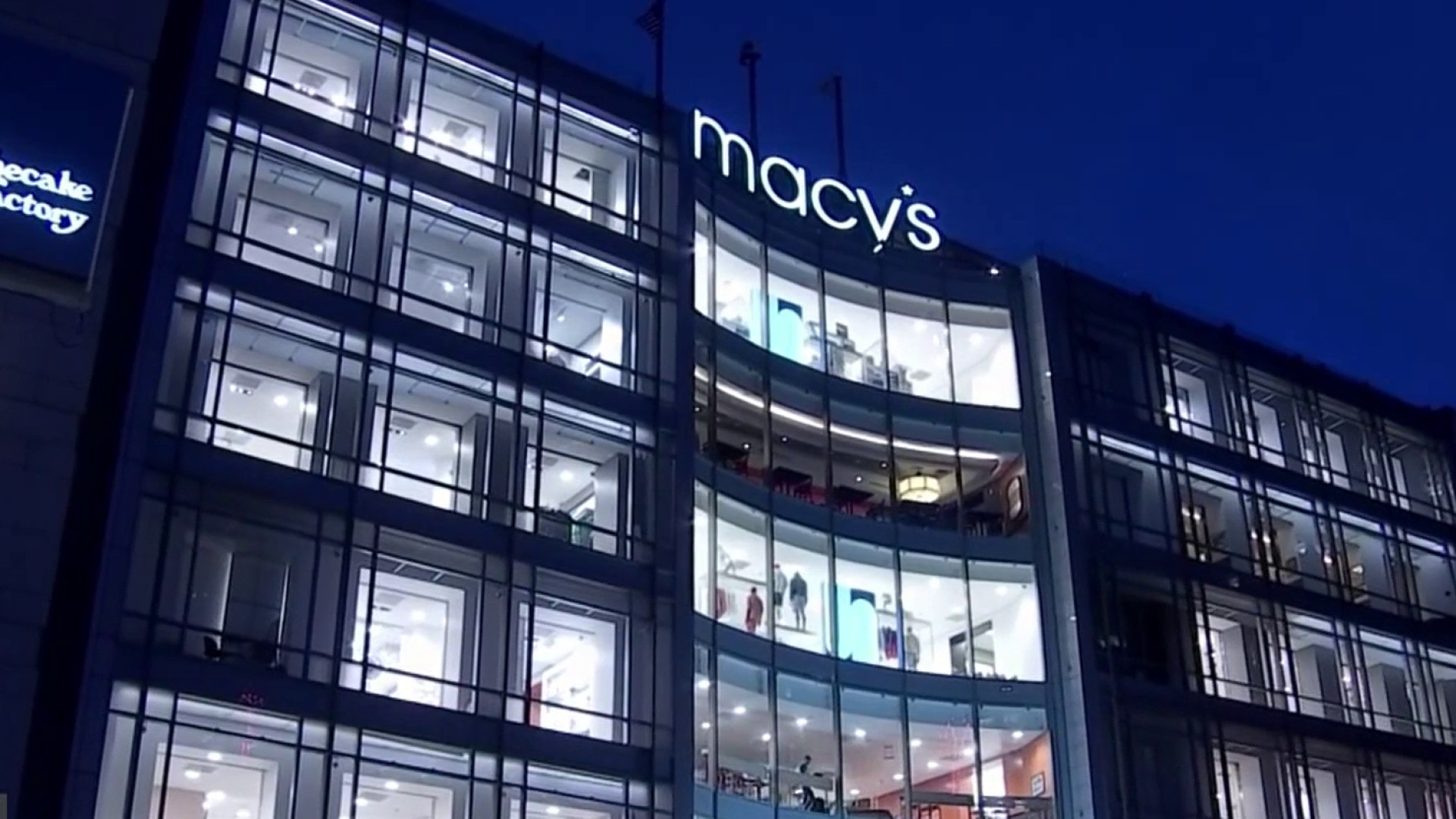For years anyone running for president was focused on getting people to knock on voters' doors, a tactic often called the "ground game." But these days the question is how is your "web game?"
For Hillary Clinton and Marco Rubio, it would be the key to their party's nomination.
Social media, and technology as a whole, is something voters -- especially the growing demographic of young voters -- are looking for. Now candidates have to sell themselves on the web as part of the campaign.
Clinton, with 3.3 million Twitter followers, declared her candidacy over social media. Rubio, with more than 700,000 of his own Twitter followers, did the same.
Social media, it seems, is now a big part of any major political campaign.
"The kind of tech tools we have available for advertising any product these days are especially appealing to politicians," said Melinda Jackson, a professor at San Jose State University.
It's true -- Twitter and Facebook are quick, cheap and effective.
Local
In the Bay Area, the political strategy of using the web has been built in for a while. Examples include California Attorney General Kamala Harris hanging out at Facebook and California Lt. Gov. Gavin Newsom spending time at San Jose's recent "Techmanity" conference.
"And they can also use big data to their advantage because they can actually see what people are clicking on, what people are sharing, what people are re-tweeting," Jackson said. "And that gives them information about how their message is getting out."
It is not just television ads anymore -- this time around the candidates will try to reach you online.
Neither candidate is immune to the rougher side of technology. Clinton, widely criticized for the recent e-mail server scandal and Rubio, a social media meme after reaching for that bottle of water.
To his credit, Rubio jumped on Twitter afterward to poke fun at himself.



